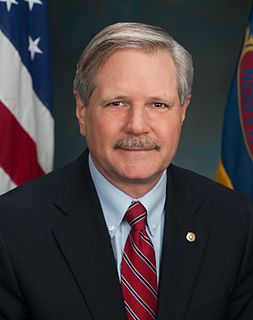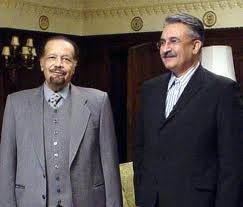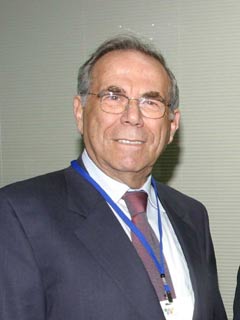A Quote by Harold Hamm
I'm a professional geologist, an explorationist for oil. That's what I've done in my career, one that's culminated in - at least to this point - playing a part in finding the largest field in the last 40 years anywhere in the world. That's the Bakken field, which I believe will yield 24 billion barrels of oil in the decades to come, maybe more.
Related Quotes
For centuries, native Eskimos cut blocks of oil-soaked tundra from natural seeps to use as fuel. In the 1920s, explorers arrived and began poking holes. In 1968, they discovered Prudhoe Bay State No. 1, the largest oil field in North America and one of the largest in the world, and a year later the adjacent Kuparuk field, the second-largest.
Research is industrial prospecting. The oil prospectors use every scientific means to find new paying wells. Oil is found by each one of a number of methods. My own group of men are prospecting in a different field, using every possible scientific means. We believe there are still things left to be discovered. We have only stumbled upon a few barrels of physical laws from the great pool of knowledge. Some day we are going to hit a gusher.
I can at once refute the statement that the people of the West object to conservation of oil resources. They know that there is a limit to oil supplies and that the time will come when they and the Nation will need this oil much more than it is needed now. There are no half measures in conservation of oil.
About 75% of the price of gas is really dictated by crude oil. At the heart of the issue is increasing demand over a period of many years around the world. World crude oil consumption now is close to 90 million barrels a day. Most of the growth in demand is coming from China and the developing world.


































